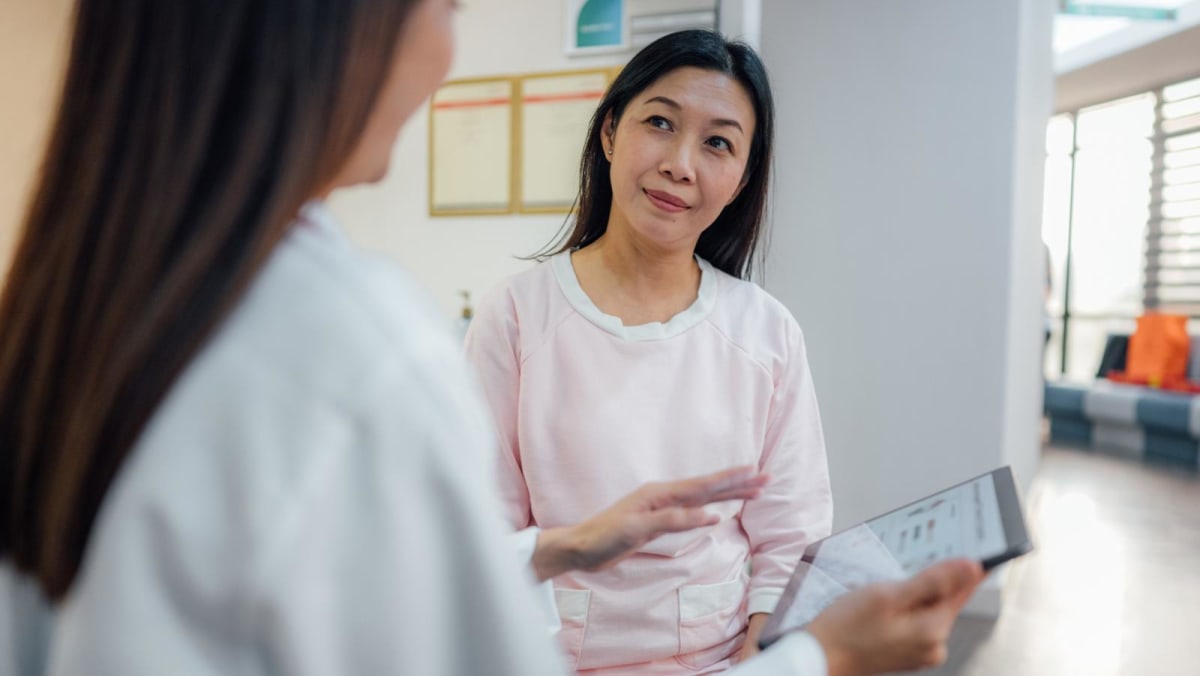HPV vaccination, which is recommended for women aged nine to 45 years, can help reduce the risk of developing HPV-related cancer, including cervical, vulvar and vaginal cancers, doctors said.
Don’t assume that it’s too late to get the HPV vaccine if you’re already in your 30s or 40s, or are sexually active. “Many women who are already sexually active are still HPV-negative,” said Dr Lee from Foundation Women’s Centre (Katong).
Even those tested HPV-positive will still benefit from HPV vaccination. Speak to your gynaecologist on whether it is suitable for you, Dr Lee said.
Two types of HPV vaccination: The bivalent HPV vaccine (under the brand Cervarix) given under the secondary school programme covers two strains of HPV – types 16 and 18, which account for 70 per cent of cervical cancers. It is Medisave-claimable for women between 18 and 26 years.
There is also a nonavalent HPV vaccine (under the brand Gardasil 9), which targets nine strains of HPV – 6, 11, 16, 18, 31, 33, 45, 52, and 58. This covers about 90 per cent of cancer-causing HPV types. This is currently not Medisave-claimable and is self-funded, said Dr Lee.
Do you need both types of HPV vaccine?: There is no recommendation for those who have completed the bivalent HPV vaccine to take the nonavalent vaccine, said Dr Lee. If cost is not an issue, and you wish to have additional cover, you can choose to do so. “Available data shows no serious safety concerns,” she added.
HPV screening is still crucial: Even after vaccination, regular HPV screening is still important as no vaccination available now prevents all HPV, said Dr Lee.
